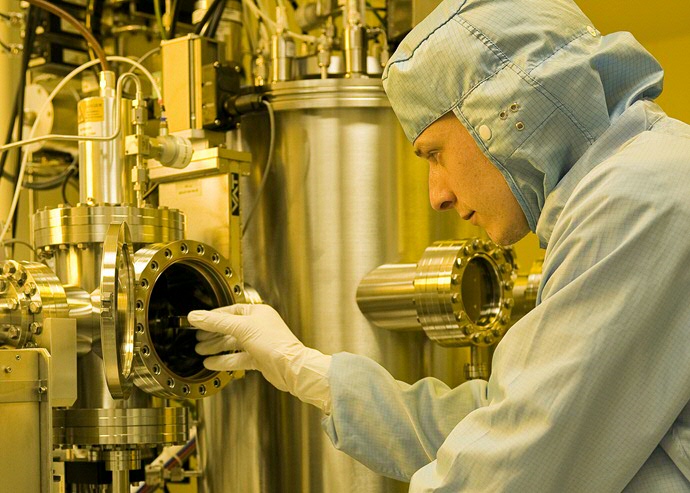Nine 'top programmes', thirteen first places in Higher Education Guide Masters

The Master’s degree in Nanoscience of the University of Groningen is the best university Master’s degree programme in The Netherlands, according to the new Keuzegids Masters 2016 [Higher Education Guide 2016 – Master’s programmes]. Nanoscience was awarded the highest marks of all the university Master’s programmes (96 out of 100). Nine University of Groningen degree programmes have been awarded the ‘Top Degree Programme’ predicate in the new edition of the Higher Education Guide, as opposed to eight last year.
According to the guide, Nanoscience was the best university Master’s programme in the Netherlands in 2013, 2014 and 2015 as well. The guide briefly describes all Dutch Master’s programmes. Most of them also receive a quality qualification, based on student assessments and the assessment of the NVAO, an accreditation organization. The University of Groningen is the second broad-based classical university in the ranking list.
Nine top programmes
The Guide includes descriptions of all Higher Education Master’s programmes officially registered in the Netherlands. A quality assessment is given for most of these programmes. Some programmes are so good that the editors have marked them as ‘top programmes’. Nine of the University of Groningen Master’s programmes can call themselves top programmes: American Studies, Archaeology, Astronomy, Euroculture (European Studies), Research Master in Economics and Business, Effectiveness of Legal Arrangements (Functionaliteit van het Recht (research), Theology and Religious Studies (research), Population Studies and Nanoscience.
Thirteen first places
Apart from that, thirteen University of Groningen programmes did come first in their category. They are: International Law, Notarial Law, Journalism (Media Studies), International Economics and Business, Industrial Engineering and Management, Supply Chain Management, Medicine, Dentistry, Pharmacy, Medical and Pharmaceutical Drug Innovation, Human Movement Sciences, Regional Studies (research) and Artificial Intelligence.
More news
-
26 February 2026
Vici grant for Professor of Neurology Marieke Wermer
-
26 February 2026
What can the law do for women? Join International Women’s Week!
